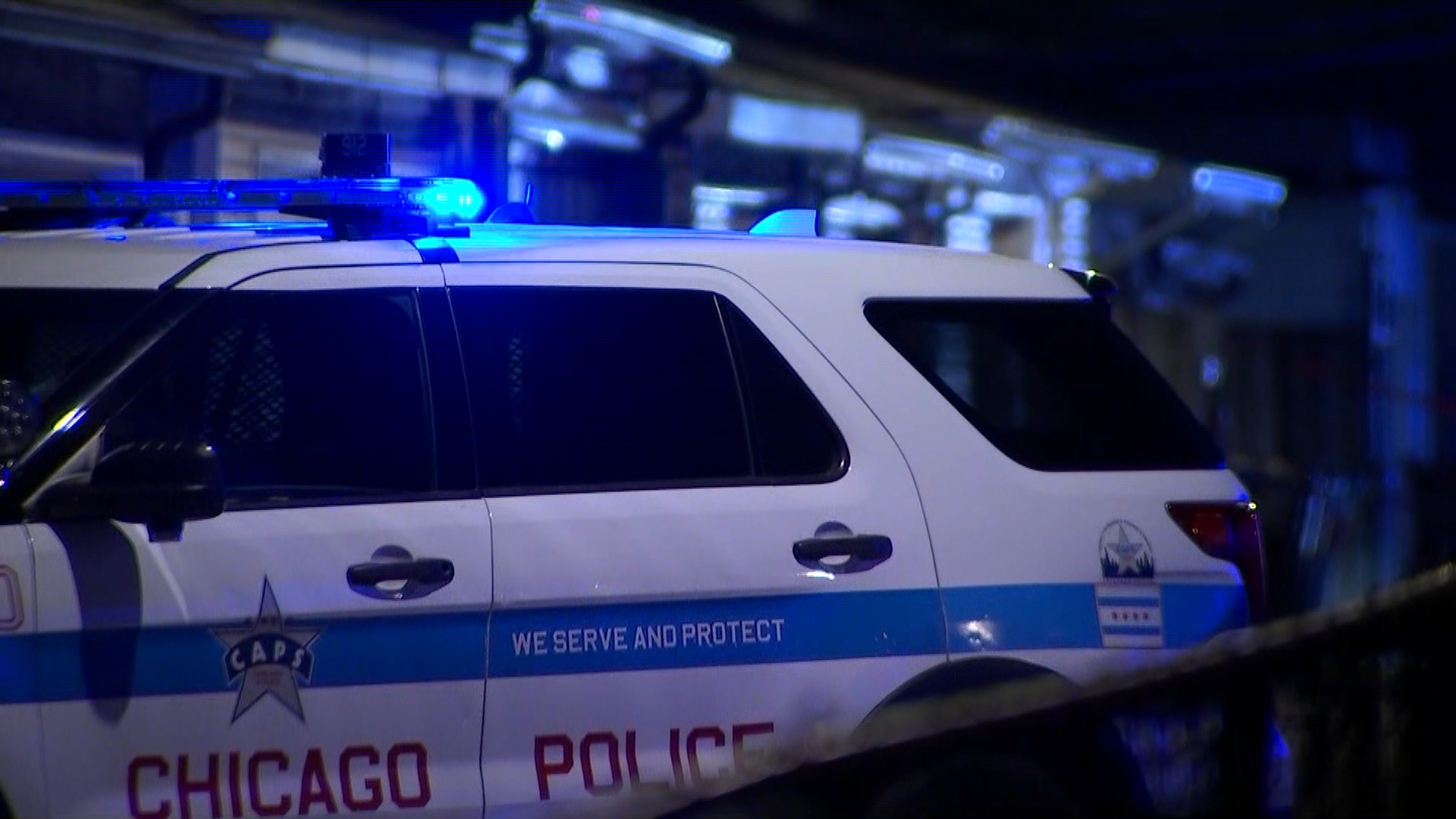In her first budget address on Wednesday, Chicago Mayor Lori Lightfoot revealed new details of her long-awaited proposals to fill an $838 million gap in the city's budget, saying her plan would not "meaningfully" raise property taxes - but sending state lawmakers a dire warning ahead of the upcoming veto session.
Lightfoot first revealed the severity of what she has called a "fiscal crisis" in a state of the city address in August, and shared some ideas and initiatives for closing the budget deficit in the weeks after. But Wednesday marked the first time Chicago residents got to see a more complete picture of how Lightfoot plans to tackle the city's financial problems - including some tax increases headed their way.
"I am here to tell you that we didn’t solve our $838 million budget gap with a large property tax increase in 2020," Lightfoot said. "Instead, our budget gap was closed through a combination of savings and efficiencies totaling $538 million, along with a number of carefully chosen revenue sources totaling $352 million."
Using what she called "zero-based budgeting," or building the budget "from the ground up," Lightfoot said her administration identified $150 million in savings and efficiencies.
Lightfoot also mentioned a plan she announced Monday to refinance $1.2 billion of the city's existing debt, estimated to generate around $200 million in savings. Her office likened the move - pending City Council approval - to a homeowner refinancing a mortgage to take advantage of lower interest rates.
Also previously announced and mentioned Wednesday was a plan to improve the process for collecting taxes and fees from vendors doing business with the city, which Lightfoot said Wednesday would save $25 million by "moving to a new system that ensures payments are expedited and more companies are in compliance."
In June, she announced that the city would terminate $1.4 billion in short-term borrowing credit lines, saving an estimated $22 million next year, $16 million of which would be dedicated to the budget gap.
Lightfoot also touted on Wednesday an overhaul to the city's workers' compensation program as a cost-saving initiative, as well as reforms to Chicago’s Tax Increment Finance program, known as "TIF" that saved $31.4 million.
Lightfoot said she requested all city departments "take a hard look" at vacancies to streamline the workforce - resulting in $20 million in savings without layoffs.
Another area of savings Lightfoot shared was the restructuring of various departments, including combining the administrative functions of the Office of Emergency Management and Communications, the Chicago Police Department and the Chicago Fire Department, immediately saving $2 million and putting more than 160 officers and firefighters on the streets.
The Department of Fleet and Facility Management will also be merging with the Department of Innovation and Technology, Lightfoot said, saving $1 million in the coming year.
After discussing those savings, Lightfoot came to the $352 million in new revenue her budget calls for - including items that rely on approval by the Illinois General Assembly, where the fall veto session is slated to begin Monday in Springfield.
The first Lightfoot mentioned was the passage of a graduated real estate transfer tax, which applies to anyone buying or selling a home. Lightfoot said this change was projected to bring in $50 million this year and an additional $100 million each year after that.
The second item she mentioned that needs lawmakers' approval is a change to the tax structure to make a casino in Chicago viable. The legislature authorized a Chicago casino earlier this year, but a study on its feasibility found that the "onerous" tax and fee structure would make it nearly impossible to attract an investor.
"As everyone here knows, we have spoken at length to the governor and his team, legislative leaders and other lawmakers, business groups, and other organizations about our need for Springfield to support a Chicago casino," Lightfoot said.
She also mentioned the city's need for statewide pension reform, followed shortly by what appeared to be a dire warning to lawmakers.
"If we don’t get the authorization we need, we will be forced to make more painful choices when it comes to new sources of revenue," Lightfoot said.
Local
"And we all know what those choices are," Lightfoot said, seemingly alluding to a large property tax increase she said she heard "time and again" that residents do not want. "But I have full confidence that we will be able to work with our partners in the state capital to keep that from happening."
Lightfoot's budget also includes $163 million in emergency services reimbursements from insurance providers, she said Wednesday, as well as two increased taxes that she had already floated prior to her speech.
On Friday, Lightfoot proposed increasing taxes on single rides with ride-share companies, as well as rides that begin or end in Chicago's downtown area. This new fee structure is expected to generate $40 million in revenue, Lightfoot said, with a portion dedicated to improving public transportation and a portion allocated to the budget deficit.
She also formally proposed Wednesday a tax hike on all food and drinks sold at Chicago restaurants, doubling it from its current .25% to .5%, which her administration estimates would bring in about $20 million.
Another $7 million will come from increasing rates on downtown parking meters, Lightfoot said, as well as the addition of parking meters in the city's West Loop neighborhood.
One area unrelated to the budget deficit that Lightfoot mentioned was an $18 million increase in the library portion of property taxes to enable Chicago Public Library locations to be open seven days a week.
Also mentioned in the budget was the legalization of recreational cannabis in Illinois, which Lightfoot said will generate $3.5 million, between a 3% excise tax and increased sales tax revenue.
"A budget must be more than just a list of numbers. It should be an expression of our shared values and a progressive blueprint for our shared future," Lightfoot said, calling her plan "transparent, inclusive, and crafted with unprecedented input from every corner of our city."
"But to be clear, this budget also reflects the reality that sacrifices are needed in the work that lies ahead."
The mayor's budget proposal is expected to be up for a vote before the entire City Council on Nov. 26, her office said.



